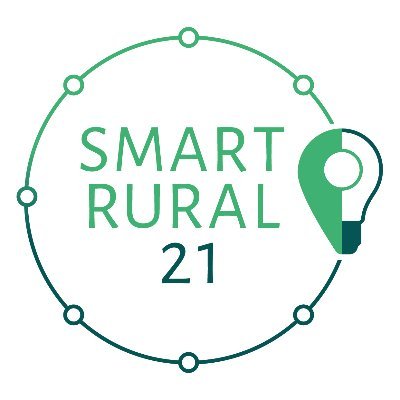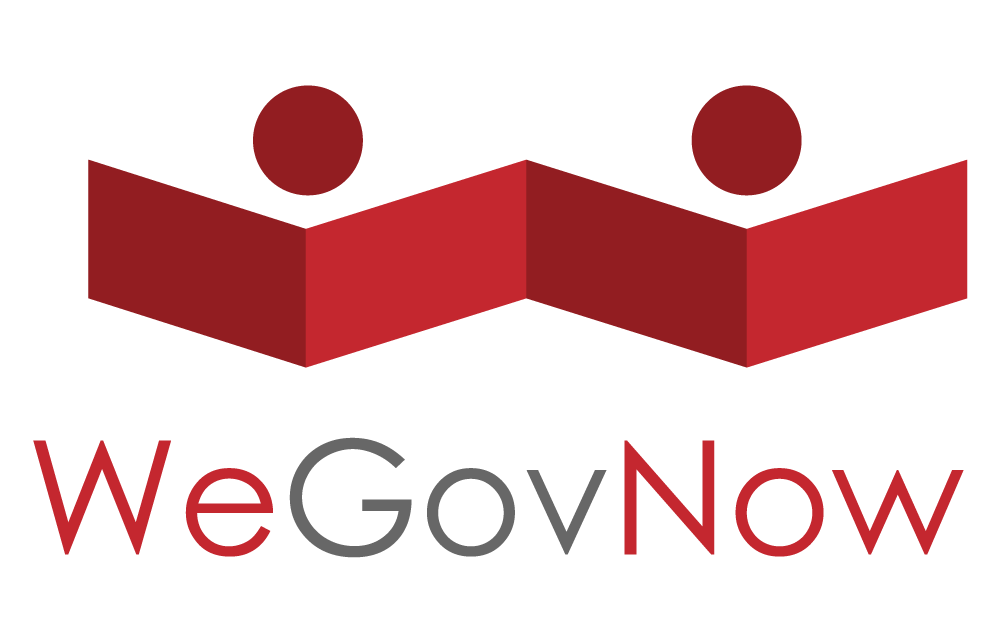Inclusive Society
Building a society open for everyone requires a sensitivity for justice, a creative mind and strategic thinking. We help organisations and decision makers to address the challenges of inclusiveness and develop innovative ways and tools to make society more equal.
eAccessibility
eAccessibility is ensuring that Information and Communication Technology (ICT) products and services are designed and provided in a way that allows use by people with disabilities and by older people with age-related changes in functional capacities. For people with visual impairments, hearing impairments and other disabilities, eAccessibility is a sine qua non as electronic devices and services become essential ingredients of everyday social and economic life. This will become even more pronounced as the population ages. Today, digital exclusion is widespread and many people relying on the availability of accessible digital content, services and gadgets tend to be excluded from activities that have become common practice to large parts of the population. In Europe and elsewhere, eAccessibility has acquired a prominent place in policy debates concerning ICT-related developments. Dedicated policies have started to emerge directed towards removing the technical, legal and other barriers that some people encounter when using ICT devices and services.
For more than ten years we have supported evidence-based policy development and strategy building in this field. Here, we offer extensive research expertise which is constantly updated to reflect the latest developments. This concerns the conceptualisation and implementation of eAccessibility-related monitoring and benchmarking approaches as well as evidence-based impact assessment of related policies. We possess a well-proven set of research methods and instruments for gathering high quality evidence on a global scale. This is supported by an international network of experts spanning 40 countries. Furthermore, we help ICT service providers in ensuring that the new services they develop comply with the latest eAccessibility standards.
Social innovation
Social innovation is increasingly seen as a way of compensating for insufficiencies of both state and private business to address societal challenges such as ageing societies, climate change, and social inequality. Social innovations help satisfy unmet needs in society – in general, they help improve quality of life. Social innovation is an important aspect of cultural development and societal change.
We define social innovation as new products, services or processes that are social in both their ends and their means. Typically, social innovation is introduced by members of the civil society or non-profit organisations. Such innovations are not commercial and often would not permit making profits, so private enterprises have no interest in them. Furthermore, the state may not be able or ready to provide such innovative services. However, both private enterprises and public governments may support social innovation actors in their endeavours to provide new public goods.
“Digital social innovation” has emerged as a specific new topic within social innovation, triggered by advances in internet technologies. The notion refers to information and communication technologies (ICTs) that help tackle social challenges. In particular, social media provide new opportunities for linking up with like-minded activists.
More specifically, the European Commission is strategically supporting “collective awareness platforms”. These are ICT systems that leverage network effects by combining open online social media, distributed knowledge creation, and data from real environments (the “internet of things”). empirica co-ordinates the CAP4Access project, which aims to collectively improve accessibility in European cities. It involves enhancing the “Wheelmap”, one of the most prestigious online means to improve quality of life of wheelchair users and other people with mobility restrictions.


